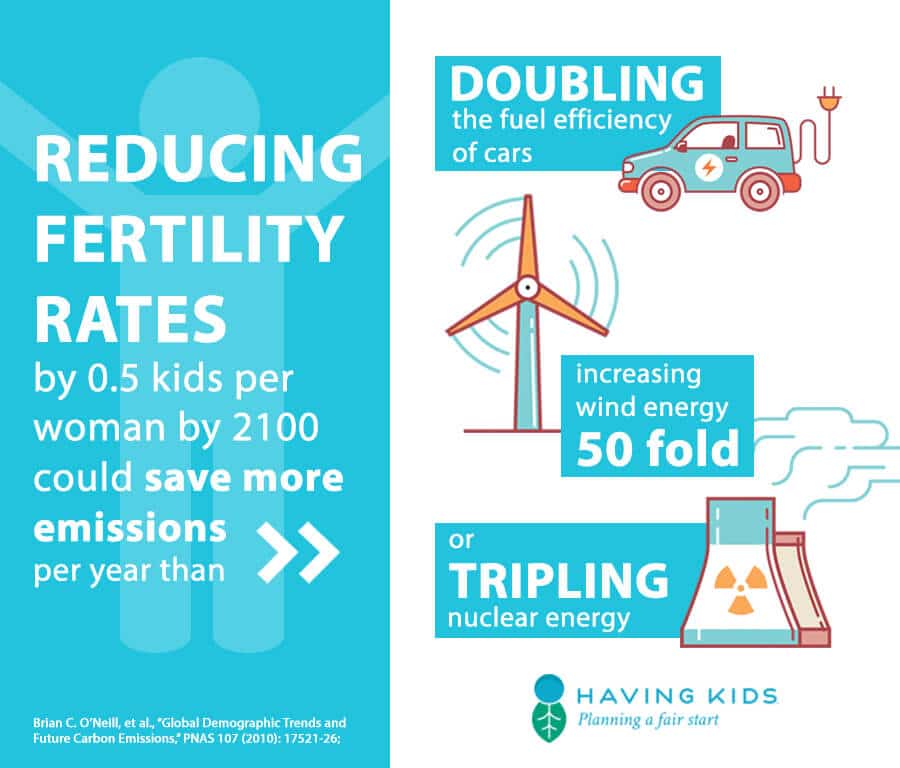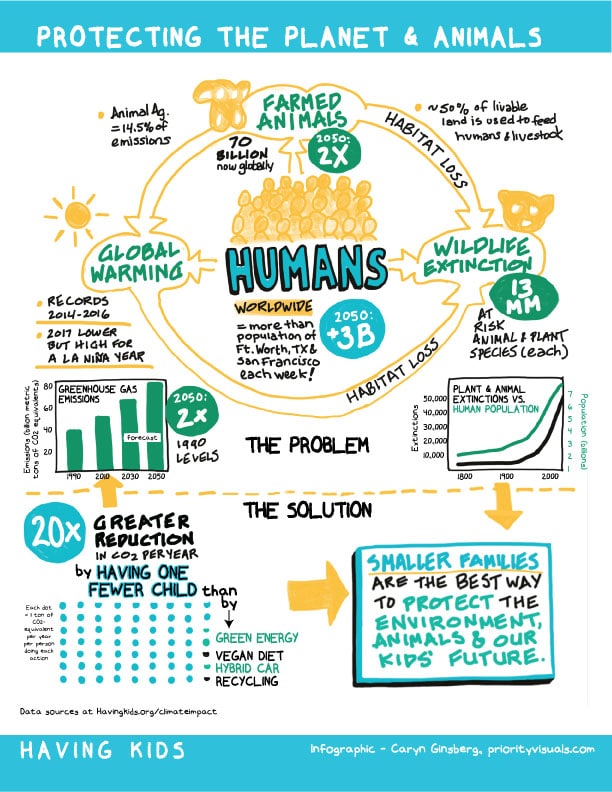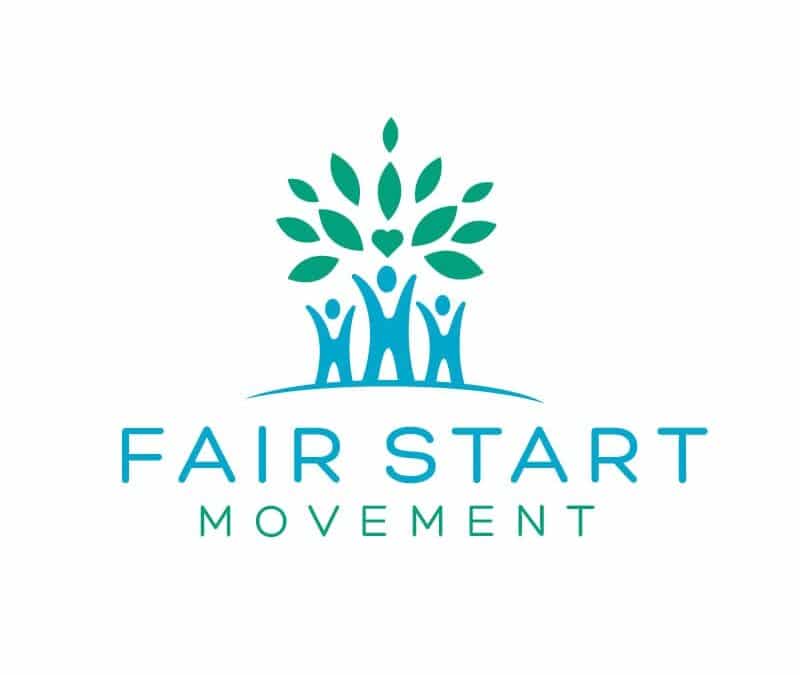Dear Director Andersen,
World Environment Day 2021 provided a crucial opportunity for the United Nations to make good on its promise to reset humanity’s relationship with nature. But by continuing to adhere to a family planning model that allows unfettered growth, despite every opportunity to simply issue statements that would initiate reform, it has failed to honor its pledge at the most fundamental and impactful level.
Our relationship with nature is fundamentally defined by the laws that shape family planning and drive population size, and whether – in those laws – nature or the nonhuman world is seen as a resource for population growth, or instead a check on it.
That is the fundamental question.

- The current model promoted by the United Nations, which allows limitless growth and does nothing to ensure birth equity or even parental readiness, answers the question incorrectly. And it has no basis in law. It is a blatant misinterpretation of the moral and legal right to have children designed to enable the exploitation of future generations, rather than require collective and equitable investment in each future child. The above-linked peer-reviewed paper explains this in depth, and there are dozens of policy and culture-shifting pathways – including Fair Start baby bond incentives and Royal Family role modeling – to remodel family policies.
- By adhering to the isolation modeling the UN is enabling a false idea of autonomy and is perpetuating inequity that benefits white colonizing nations. (That colonialism is reflected in the current 1/10 wealth gap between black and white children in the U.S.) Instead the UN should promote birth equity to achieve true autonomy and as a reparations to future generations.
- Various advocates have notified UN leadership of its failure to correct modeling over the past several years, including the authors of the leading peer-reviewed research on the matter. One such attempt occurred in 2007 around a paper published by Yale University.
- The UN has not taken action. It has failed to link its outdated modeling to the overcrowding and poor public health that helped drive the COVID-19 pandemic. It has failed to condemn China’s new pronatal family planning regime, which is intended to create a baby boom among a population that – because of its size – already poses the greatest threat to the world’s ecologies. Instead the UN has focused on downstream efforts while at the same time profiting, politically, from population-based GDP growth.

- Inaction threatens the UN’s credibility. Pronatal policies being rolled out in response to a perceived economic “baby bust” show that our current systems of governance are fundamentally illegitimate. If we are willing to create lots of people in whom we invest relatively little in order to satisfy markets and economies, instead of fewer people in whom we invest more in order to build the democracies that must precede, justify and regulate those markets and economies, we are admitting fundamental illegitimacy, or as the peer-reviewed work shows, the preconstitutionality, of our political systems. This is especially true when doing so exacerbates the climate crisis. In that case, all effective measures to correct this inversion are just.
- The costs of ignoring reproductive justice legal reforms are mounting. These include the costs of the relevant climate emissions that could have been avoided since at least 2007, and the role the failure to require equitable family planning has played in driving the massive and growing gap between rich and poor across the globe. The Fair Start Movement is calculating those costs as harms, and believes world leadership must – and one day will – be held fully accountable for them.
- Because Fair Start and comparable “creation norm” models are peremptory norms that precede other national and international processes and rights (including property rights), the Fair Start Movement is urging young activists to target concentrations of wealth and power to pay for these eco-social harms, derived fundamentally from poor family planning models, by funding Fair Start efforts and incentives.
Will you join that call? Nothing would have a greater long-run impact on restoring our environment than simultaneously compensating future generations, while helping them become parts of legitimate democracies, via Fair Start investments in their empowerment and resilience.
Sincerely,
Ashley Berke, Co-Director at Fair Start


